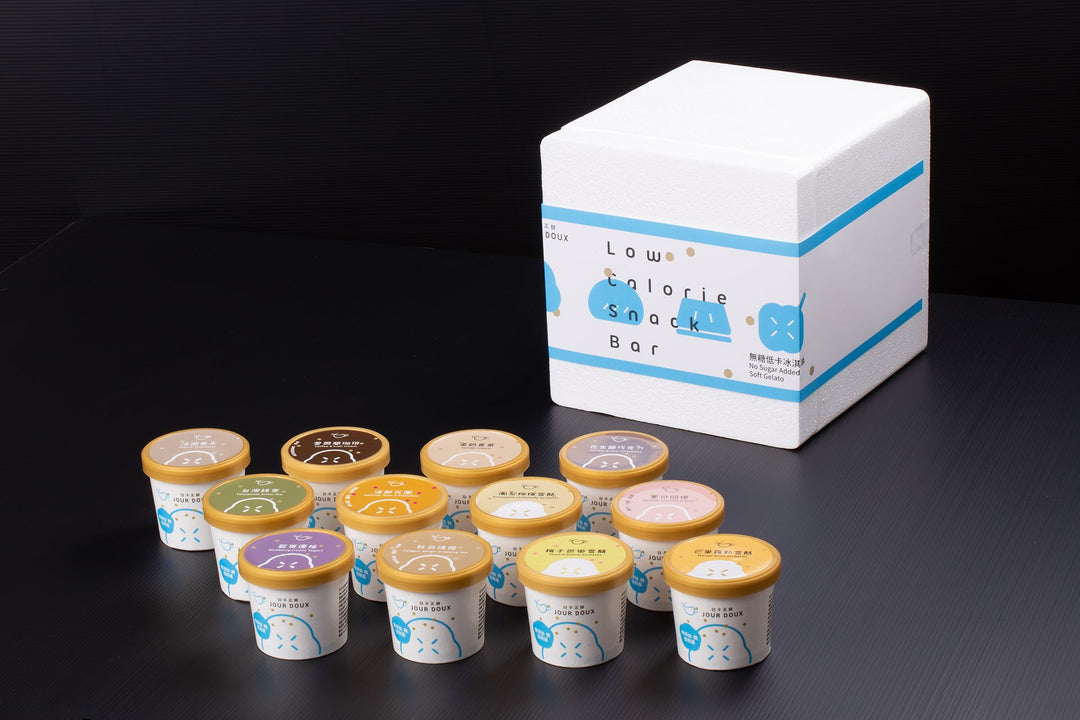Low Sugar Diet - Sugar Alcohols (Medium)
Common types of sugar alcohols on the market include erythritol, xylitol, maltitol, mannitol, isomalt, sorbitol, and lactitol, etc. Let us explain their characteristics and differences one by one.
Erythritol _ _
Erythritol is one of the sugar alcohols with a taste very close to sugar. It exists in some fruits and fermented foods in nature, but industrial production mostly uses glucose in corn syrup to be fermented by yeast. Its sweetness is about 65% of sucrose, its glycemic index is almost zero, and its calories are less than one-twentieth of sucrose and less than one-tenth of other sugar alcohols. It is worth mentioning that erythritol will only be absorbed in the small intestine, and most of the erythritol that is not absorbed by the body will not pass through the large intestine and will be excreted with urine, so it will not cause other sugar alcohols Side effects of gas, gas, and diarrhea. Oral bacteria cannot metabolize erythritol and will not cause tooth decay, but its effect of blocking the digestive function of oral bacteria to inhibit their growth is not as good as xylitol.

Xylitol _
Xylitol is the most common and most researched sugar alcohol on the market. It has a unique mint flavor, so it is often used in products such as chewing gum and toothpaste. The sweetness of xylitol is comparable to that of sucrose, but only two-thirds of the calories and one-fifth of the glycemic index of sucrose. Xylitol was first commercially extracted from birch trees in Finland, and is now produced by hydrolysis and hydrogenation of hemicellulose from bark or corncobs.
The taste of xylitol is also close to that of sugar and has no strange taste, so it is also a very popular sweetener. Xylitol can block the digestive function of oral bacteria and inhibit their growth, making it more widely used in oral health than low-sugar diets. In addition, xylitol that cannot be digested by the human body will act as dietary fiber and convert it into short-chain fatty acids to provide energy. Relevant medical research has also proved that xylitol can effectively reduce the risk of acute otitis media and osteoporosis in children.

However, the disadvantages of xylitol are also the disadvantages of general sugar alcohols. Excessive intake will cause gas, fart and diarrhea side effects, although its symptoms will be milder than sorbitol.
(to be continued)










